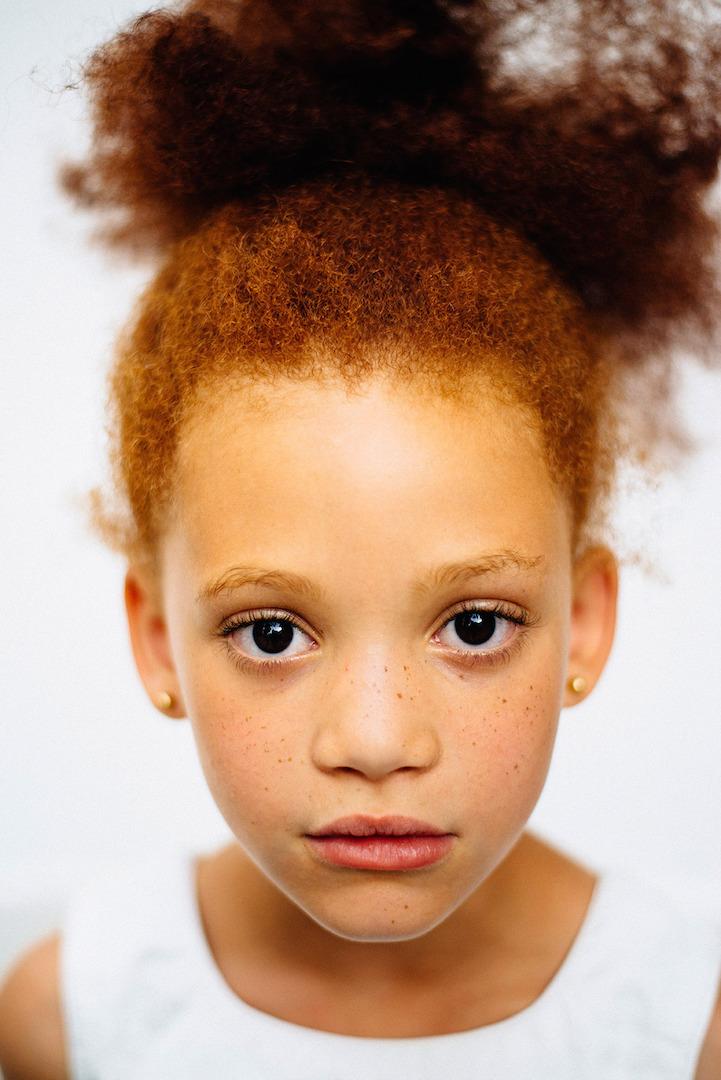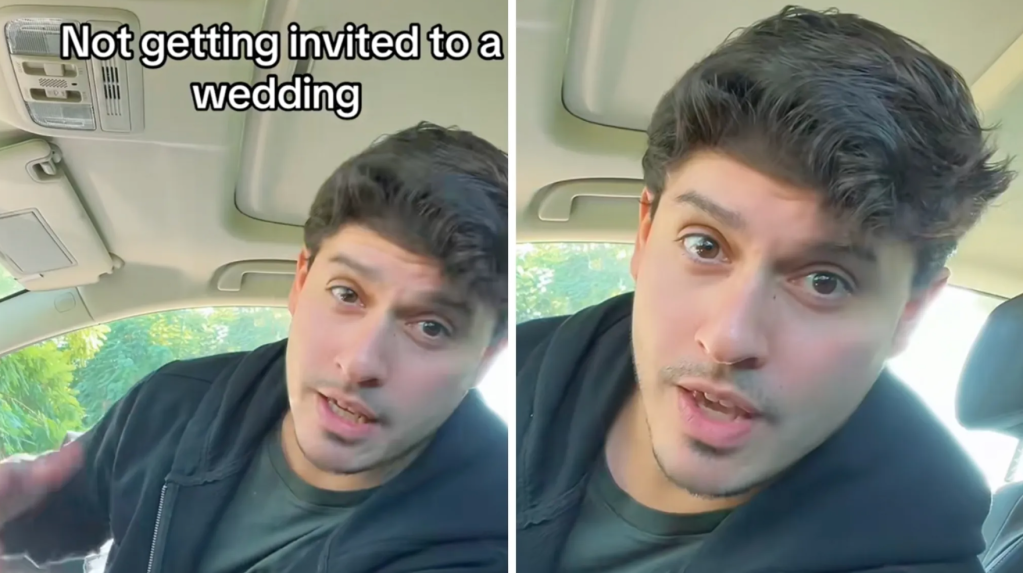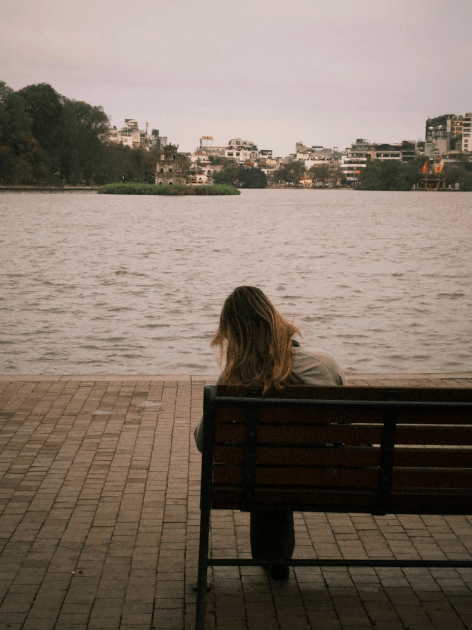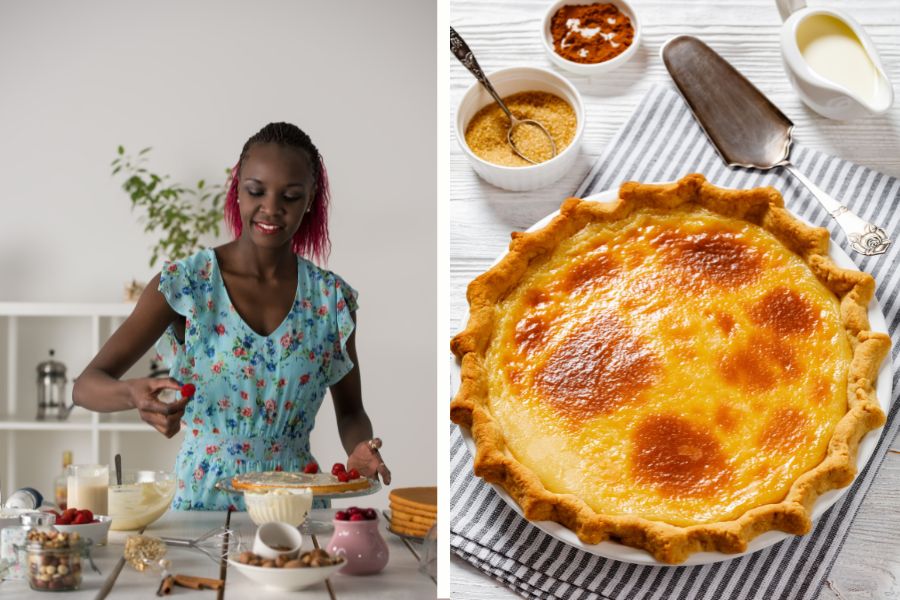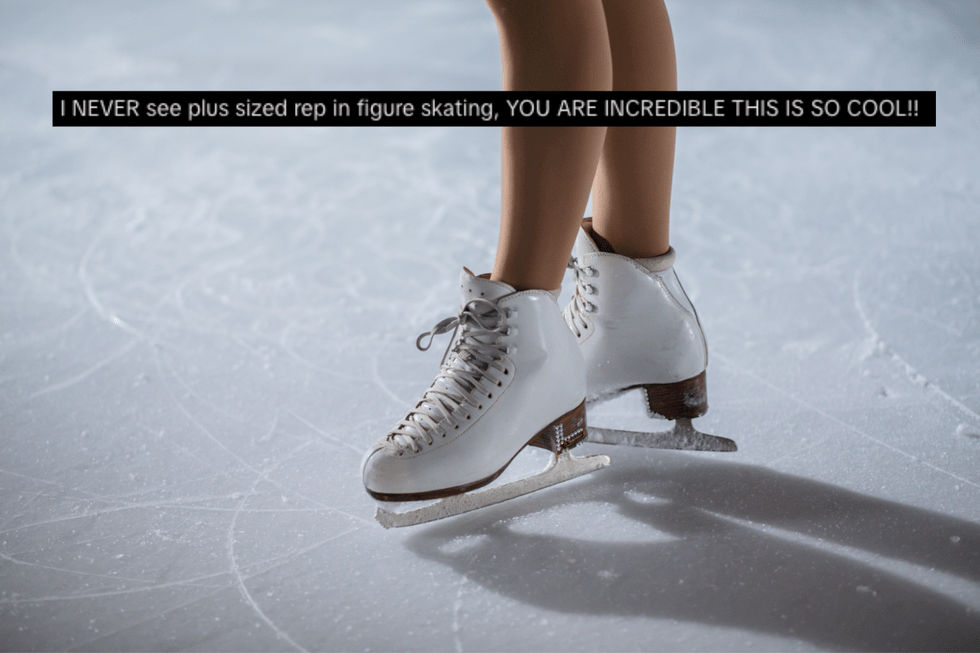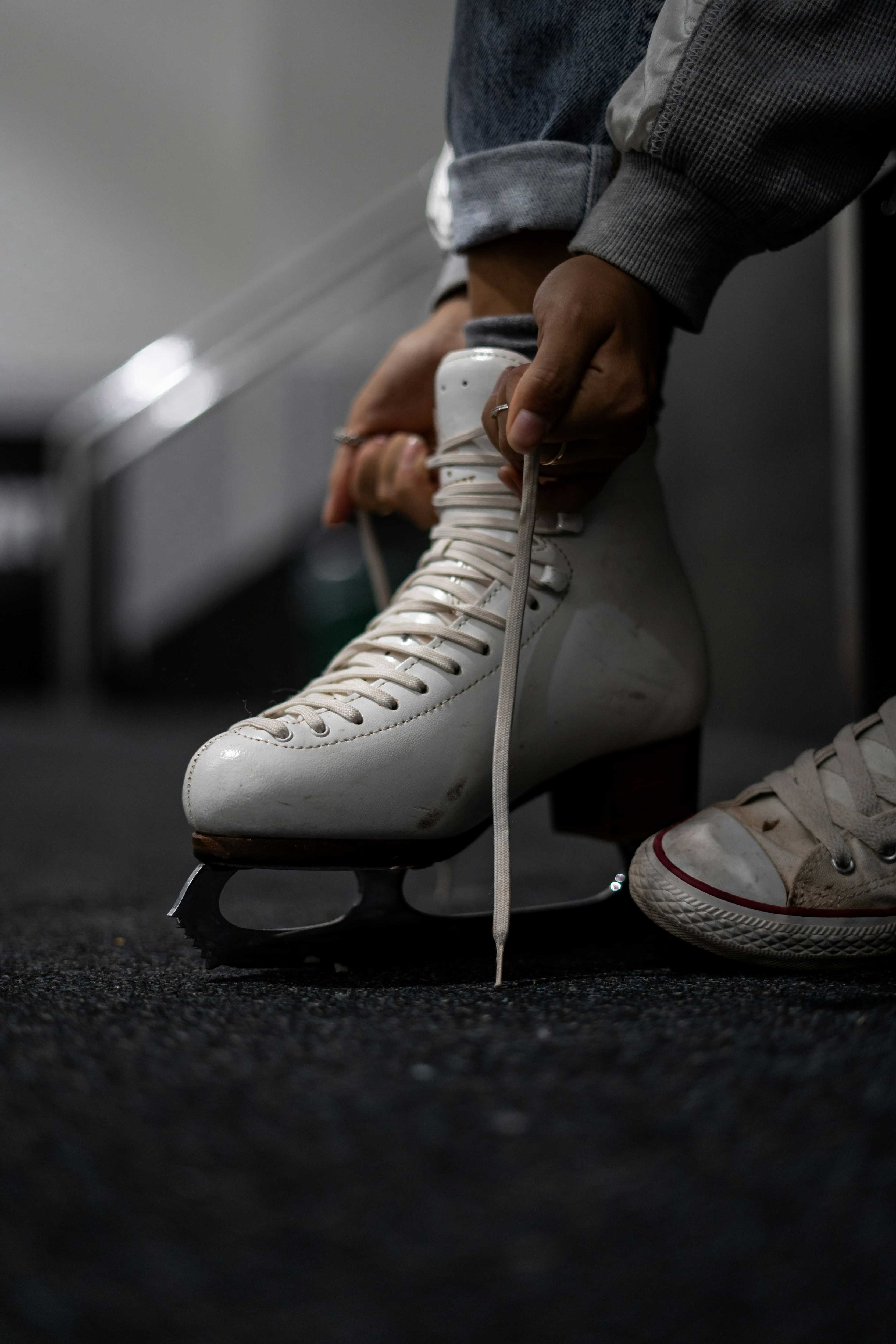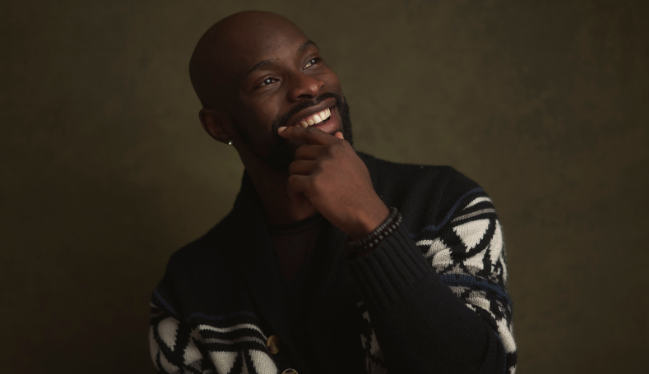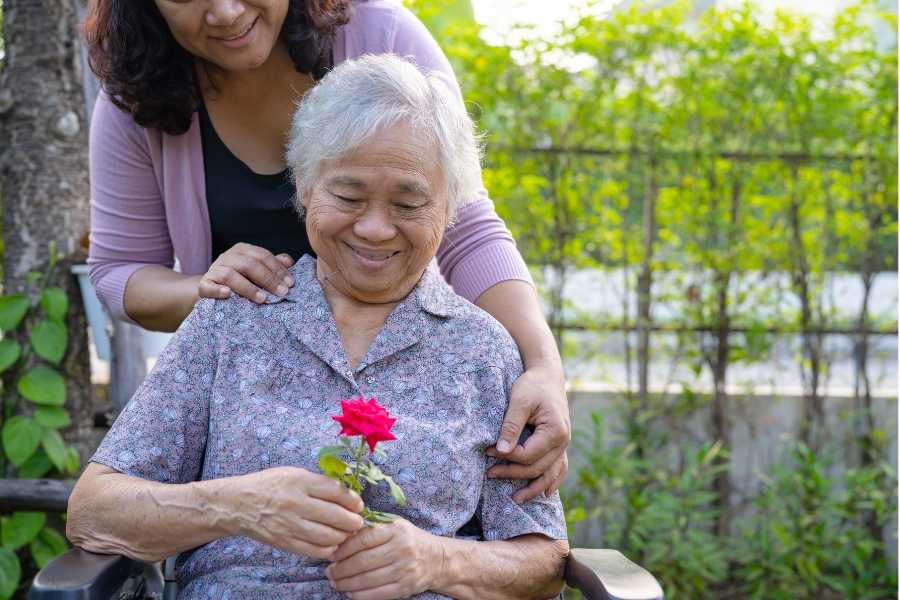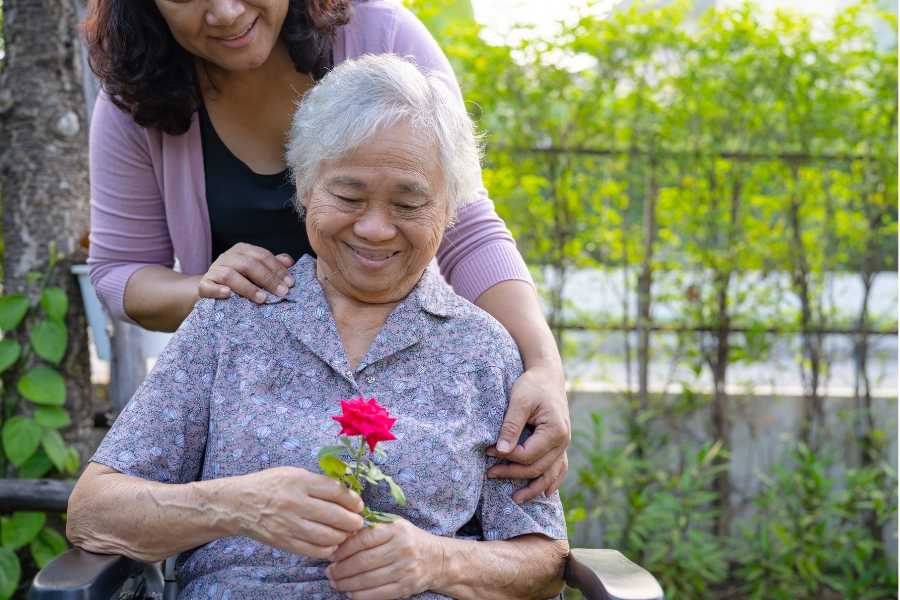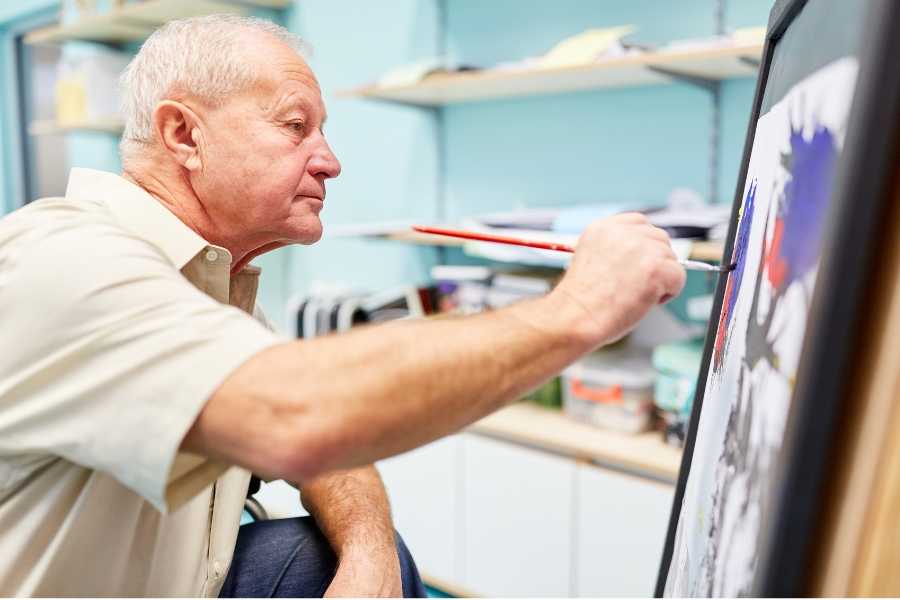How many non-white redheads do you know?
Think about it. Around 1-2% of the world’s population boasts natural red hair, which is caused by a genetic mutation in the melanocortin-1 receptor, or MC1R (this mutation might also explain their superpowers).
Despite making up such a small percentage of the population, most of us have the same stereotypical image in our heads when we think of redheads: light-skinned, freckled white people with curls of flaming hair and a fiery temper to match.
Aside from the obvious issue of assigning a temperament to someone based on hair color, there’s one other weird conclusion here: Why do we think that all redheads are white?
A London-based photographer is opening eyes by turning her camera lens on Black and biracial redheads
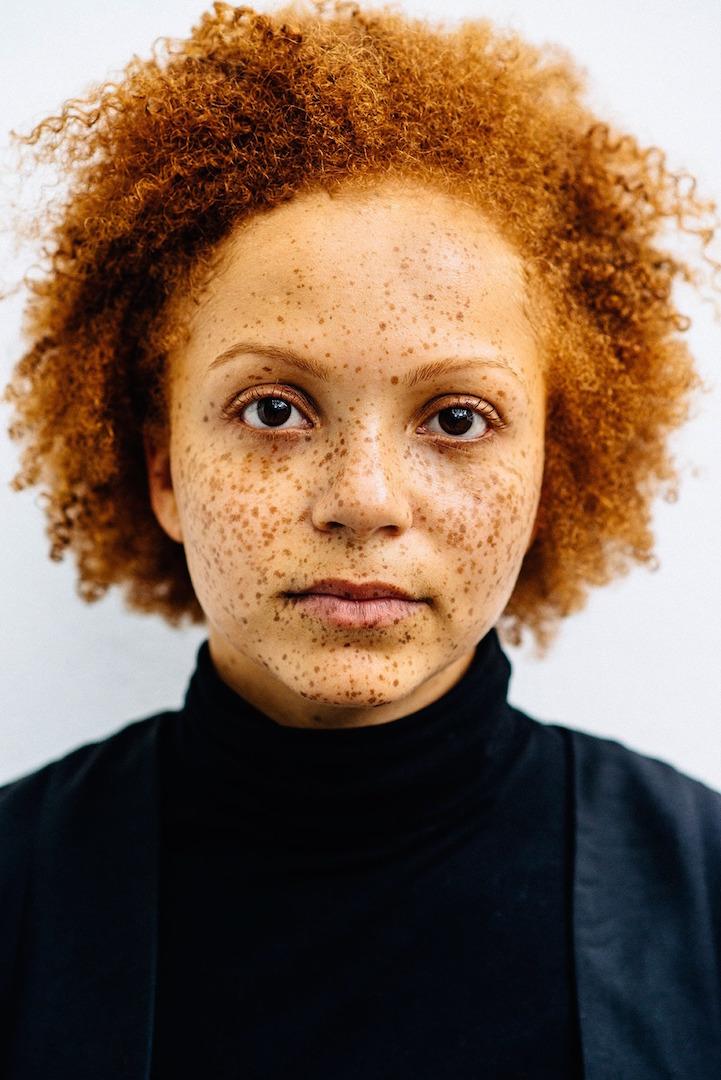
Photographer Michelle Marshall, a French-born, London-based photographer, spoke with Upworthy about the genesis of her project over email. Michelle had been working on a story for a different photo project about freckles (another common result of MC1R mutations), when one day, she spotted an adorable freckled redheaded girl — and was surprised to learn that the girl was of mixed-race background.
Michelle’s initial story pitch was rejected, but she couldn’t get this idea of Black and biracial redheads out of her mind. Mostly, she was just curious — as artists often are.
“Portrait photography allows me to study what I like, what I see in others that may be overlooked,” she told Upworthy. “I see each portrait as a series of distraction-free frames charged with an authenticity of features, traits, mannerism, quirks, and worth.”
Here are just a few of the faces from what became Michelle’s “MC1R” photo project, along with a few thoughts from her artist statement:
“I am currently interested in documenting the incidence of the MC1R gene variant responsible for red hair and freckles, particularly amongst Black/mixed raced individuals of all ages.”
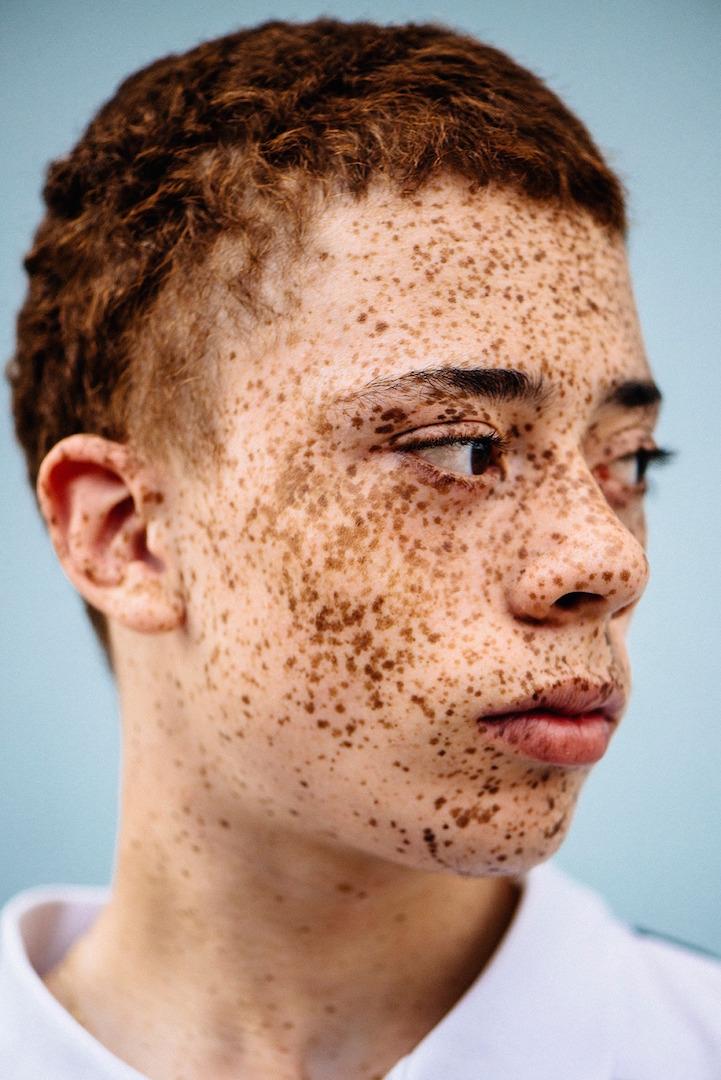
“I want to stir the perception that most of us have of a ‘ginger’ as a white Caucasian individual, potentially of Celtic descent.”

“Whilst there there may be an underlying Irish/Scottish connection to the MCR1 gene in the occurrence of red hair, does being ginger really still only confine itself to being Scottish, Irish, Welsh, or even a white Caucasian individual?”
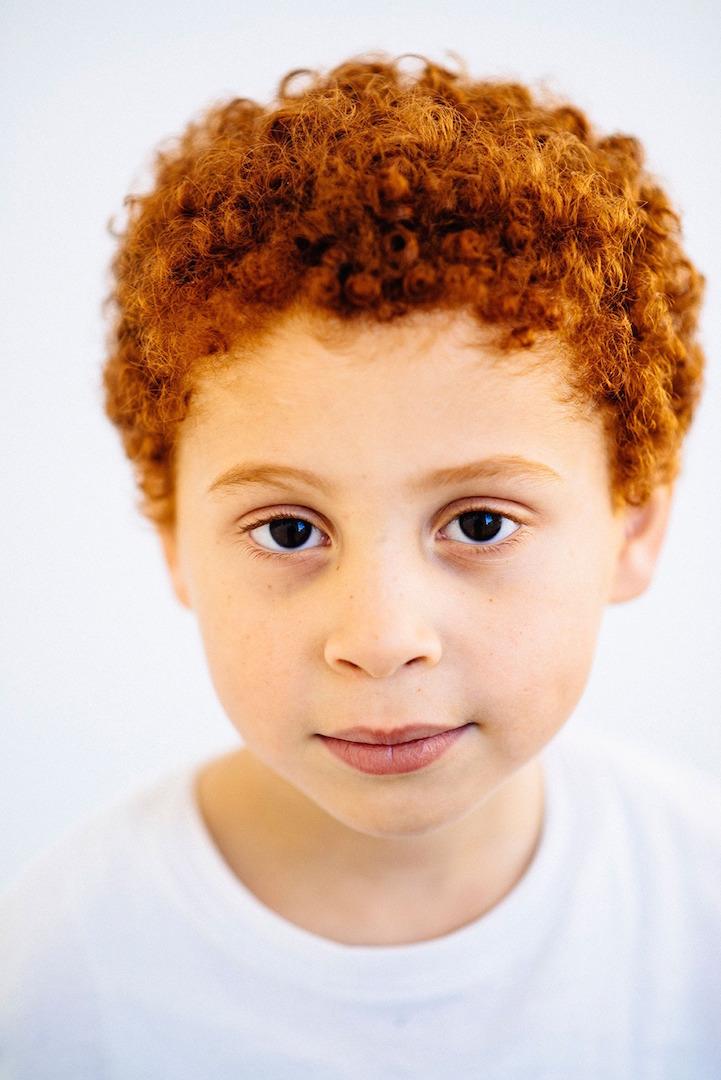
“As we struggle with issues of immigration, discrimination, and racial prejudice, Mother Nature, meanwhile, follows its own course, embracing society’s plurality and, in the process, shaking up our perceptions about origins, ethnicity, and identity.”

“Scotland may well have the highest percentage of people with red hair in the world, yet statistics haven’t really caught up and do not seem to represent everyone.”
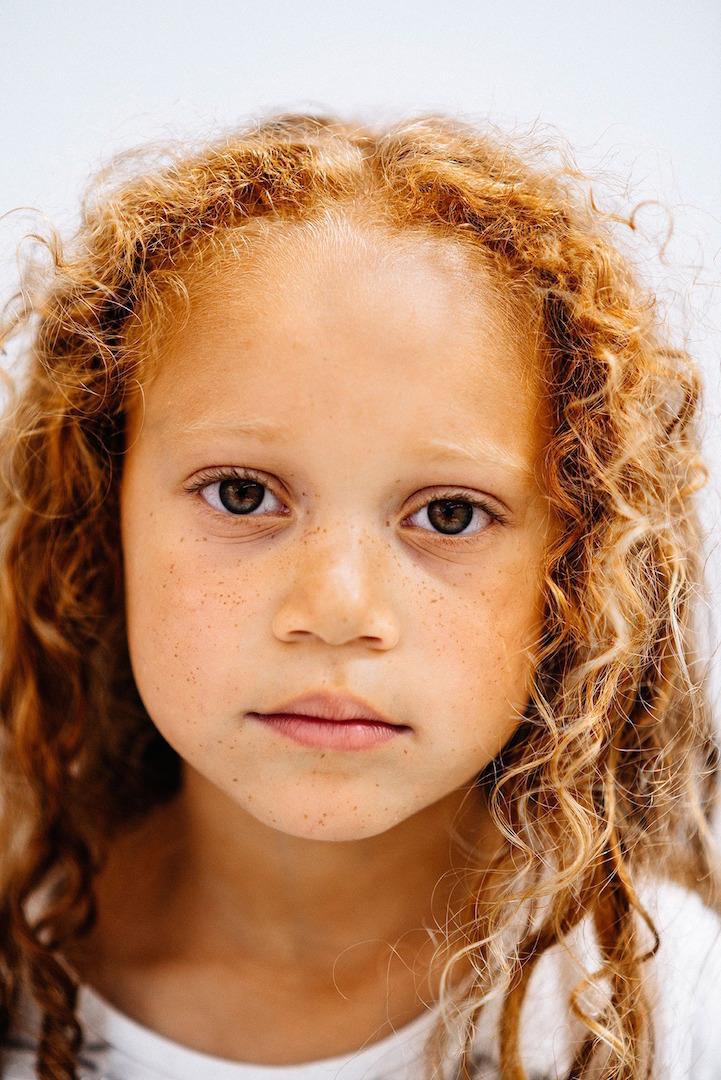
“I wish to create compelling portraits, a visual census representing our constantly changing society.”
But above all, Michelle’s MC1R project is doing what art does best: connecting people.
As Michelle points out in her artist statement, redheads are typically associated with Irish and Scottish peoples of Celtic descent (unlike the rest of the world, a whopping 13% of Scotland is ginger). But sometimes that MC1R mutation can be passed down through generations from people of African or Caribbean descent, a detail that is likely due to the British slave trade under Cromwell (#ThanksColonialism) and has some pretty interesting implications for the ways we qualify race.
“A lot of [my photo subjects] have been feeling quite isolated,” Michelle said in an interview with Vice. “I got a message from one boy who said, ‘I didn’t realize there were so many of us’ — I’ve not even shot 50 people. But the fact that he was able to see a cluster of people that matched his identify and could relate to that is quite positive.”
That’s why it’s so important that we open our eyes and celebrate the diversity in the world. Not only does it encourage us to challenge our own preconceived notions — for example, by showing us that redheads don’t have to be white — but it also helps those people see themselves (or helps us see ourselves) represented in the world.
This article originally appeared on 8.25.15

